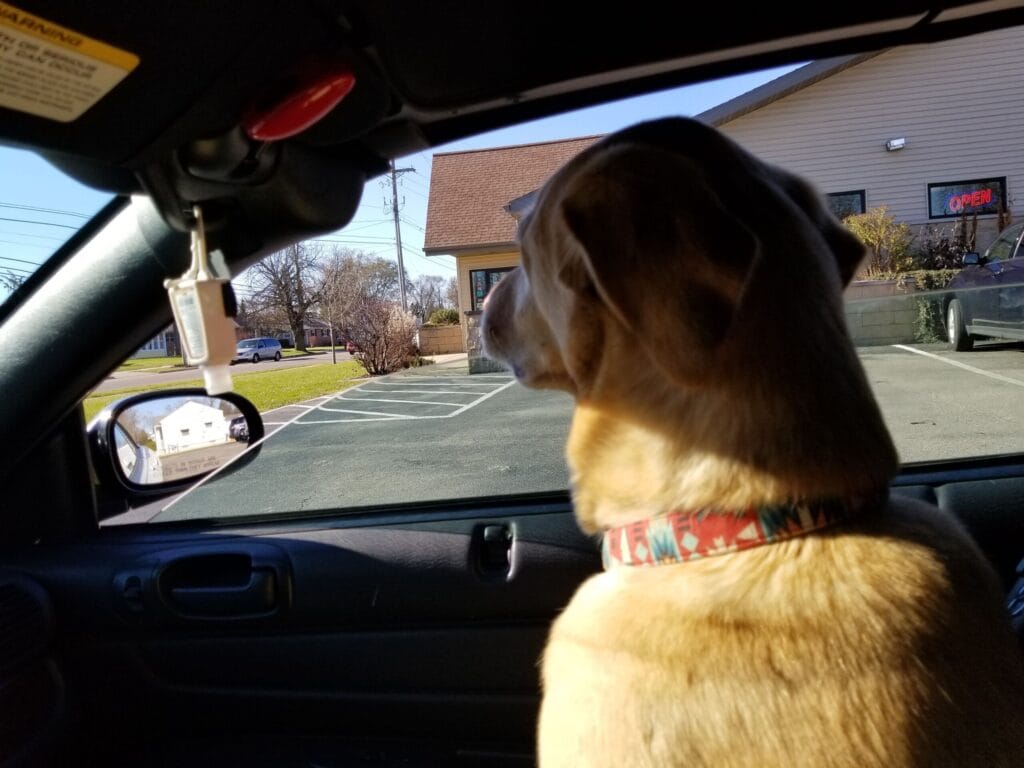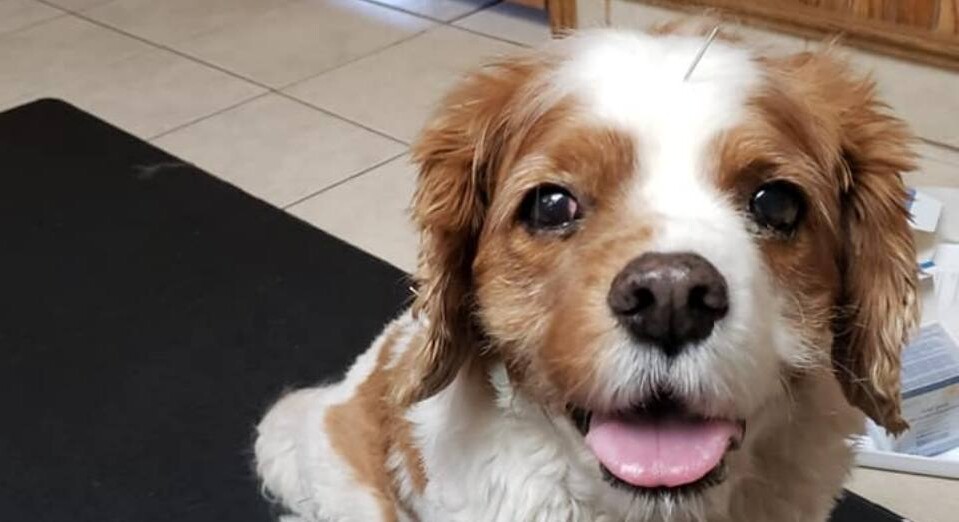More pets are lost over the 4th of July holiday than any other day of the year. Here are a few tips for pet owners to ensure your furry kids are extra safe and fear-free: People usually begin setting off fireworks several days before the holiday. On the Fourth of July, as well as a couple of days leading up to it, fearful dogs are better off with indoor activities such as training games or food puzzles instead of walks. So be sure to STOCK UP on puzzles and indoor activities to keep your pets occupied. Secure fearful dogs with a four- to six-foot leash and harness or use a limited-slip martingale collar so the dog can’t back out of if startled. Supervise all outdoor activities, including bathroom breaks in the yard. If you have a sensitive dog who is prone to panic, take him out on leash, even in a fenced yard. A frightened dog can find an escape route before you know it. Keep the dog on leash or in a secure area if people are going in and out of the home. Make sure your pets are wearing a collar with up-to-date ID tags! Dog-appeasing pheromone is a chemical produced by mother dogs that helps to calm and soothe puppies. Your vet can assist with an artificial version of the dog-appeasing pheromone, Adaptil, which can reduce anxiety due to fireworks or other stressful situations. Use classical music or music formulated for pets to drown out excess noise. In addition, use a white noise machine to further block noises, especially during lulls in music. Compression garments and the smell of lavender and chamomile may also help. There are a variety of sound-blocking accessories available that your dog may benefit from as well. Don’t wait for fear to progress, but start intervening at early stages by refocusing the dog on something he enjoys. Stock up on what we call at the clinic “high-value treats”–meaning your dog’s favorites! These tasty treats, toys, and chews are good to have an hand through the holiday. Some dogs respond best if they have a safe space where they can hunker down and hide. Prepare a crate with the door left open and covered with a blanket– or a closet or bathroom with no windows to the outdoors. Seek professional help if your dog has extreme fear issues with noise. If necessary, work with a reward-based trainer or veterinary behaviorist to fully address your dog’s anxiety.
Fear-Free 4th of July Holiday
Related Posts

Lobby Closed Indefinitely
Recently, we’ve had clients ask us about why we haven’t re-opened our lobby now that Covid has subsided, so we thought…

Feline Panleukopenia in Rock County
Rock County has seen an increase recently in cases of Feline Panleukopenia. Here are some facts to help local cat…

Plant Sale for Senior Pups
Our Plant Sale fundraiser for Albert's Dog Lounge was a huge success, as the total raised was $2,760.42!!!! We'd like to thank everyone…

Acupuncture for Doodle: A Happy Tail
Acupuncture Gave Doodle a New Lease on Life! Submitted by: Barbara Smith When Doodle was around 10-11 years old, I noticed…
